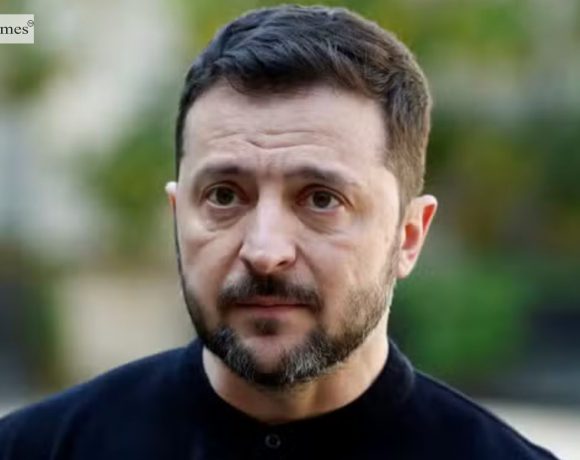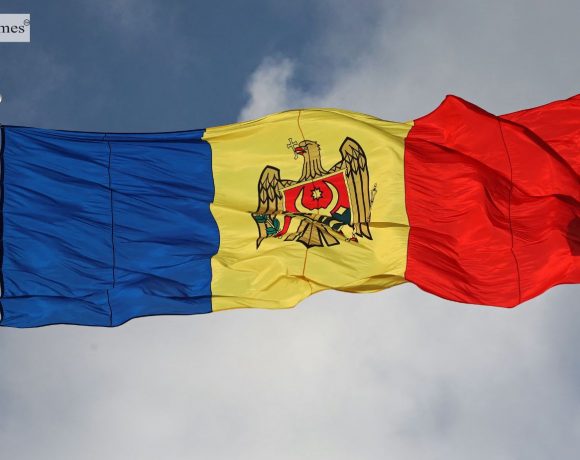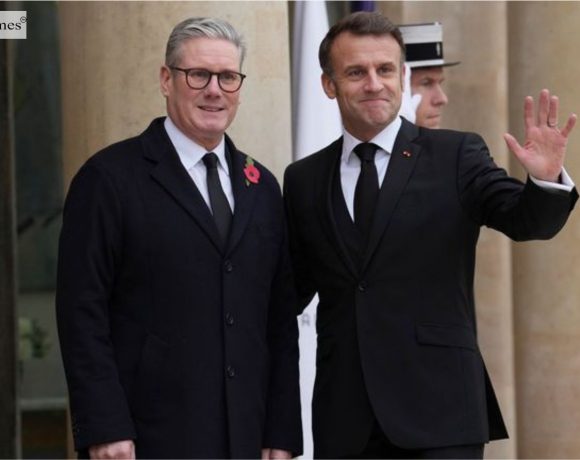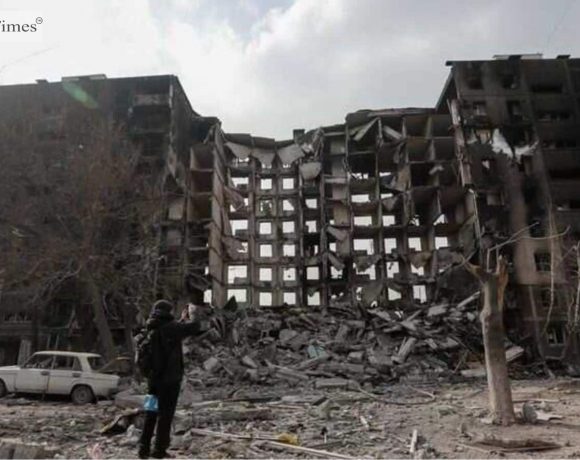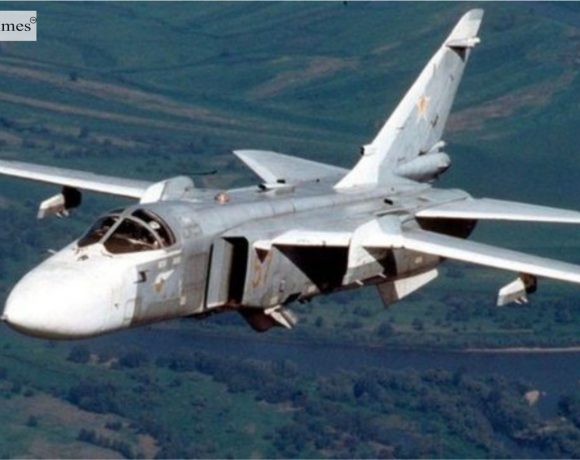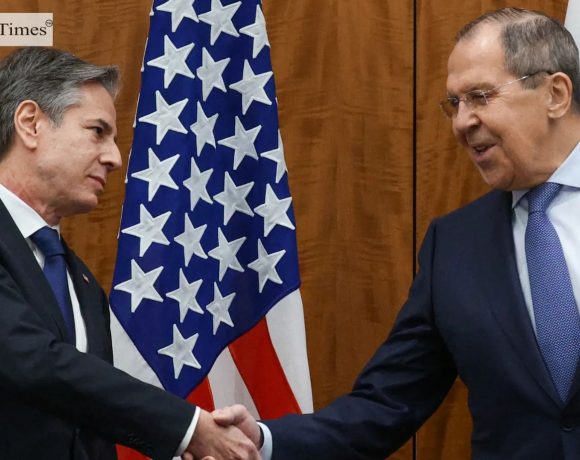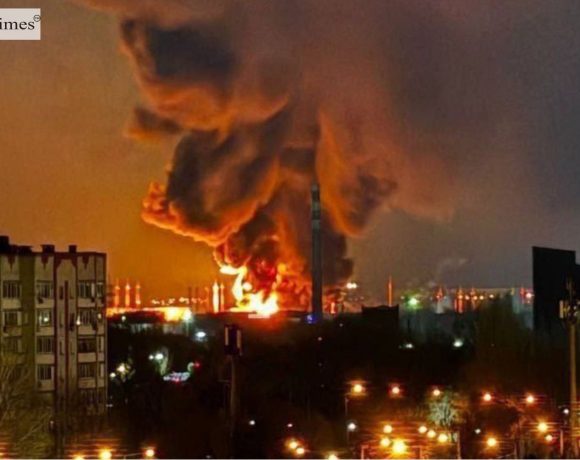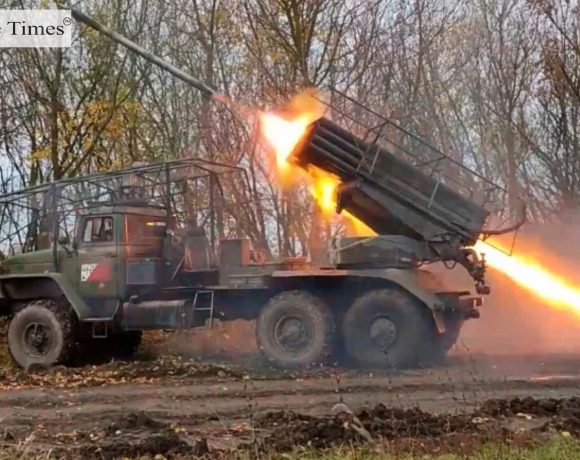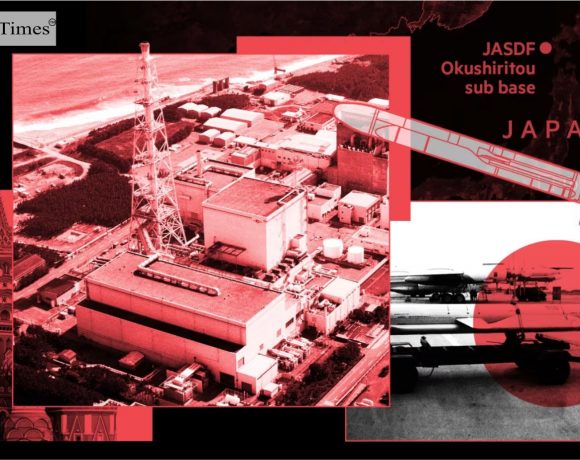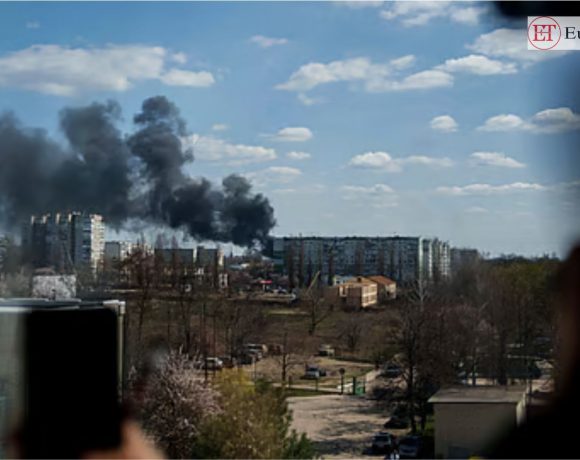
Russia launched fresh missile and guided bomb attacks on the northeastern Ukrainian city of Sumy Monday evening, a day after a deadly missile strike killed 35 and wounded over 100. According to Ukraine’s Air Force, Russian aircraft dropped guided bombs shortly after another missile targeted the city outskirts, where no casualties were initially reported. The attack followed Sunday’s devastating strike, which President Volodymyr Zelenskiy condemned as a war crime, urging the international community to respond firmly.
Russia’s Defence Ministry claimed responsibility for the Sunday strike, saying two Iskander-M missiles hit a meeting of Ukrainian military officers, allegedly killing over 60 soldiers. Moscow also accused Ukraine of using civilians as human shields by placing military personnel in densely populated areas—an accusation Kyiv has not yet addressed. Ukrainian officials, however, maintained that the strike deliberately targeted civilians, occurring on Palm Sunday, a day when many people were gathered in churches.
Global leaders swiftly reacted to the violence. Zelenskiy confirmed that nearly 50 nations and organizations had expressed support. Britain, Germany, Italy, and France condemned the attacks, while U.S. President Donald Trump called it “a terrible mistake” without elaborating. Meanwhile, Russian officials reiterated that their military only targets strategic objectives. The UN has reported over 12,600 civilian deaths in Ukraine since the war began, underscoring the escalating humanitarian toll.
Pic Courtesy: google/ images are subject to copyright

